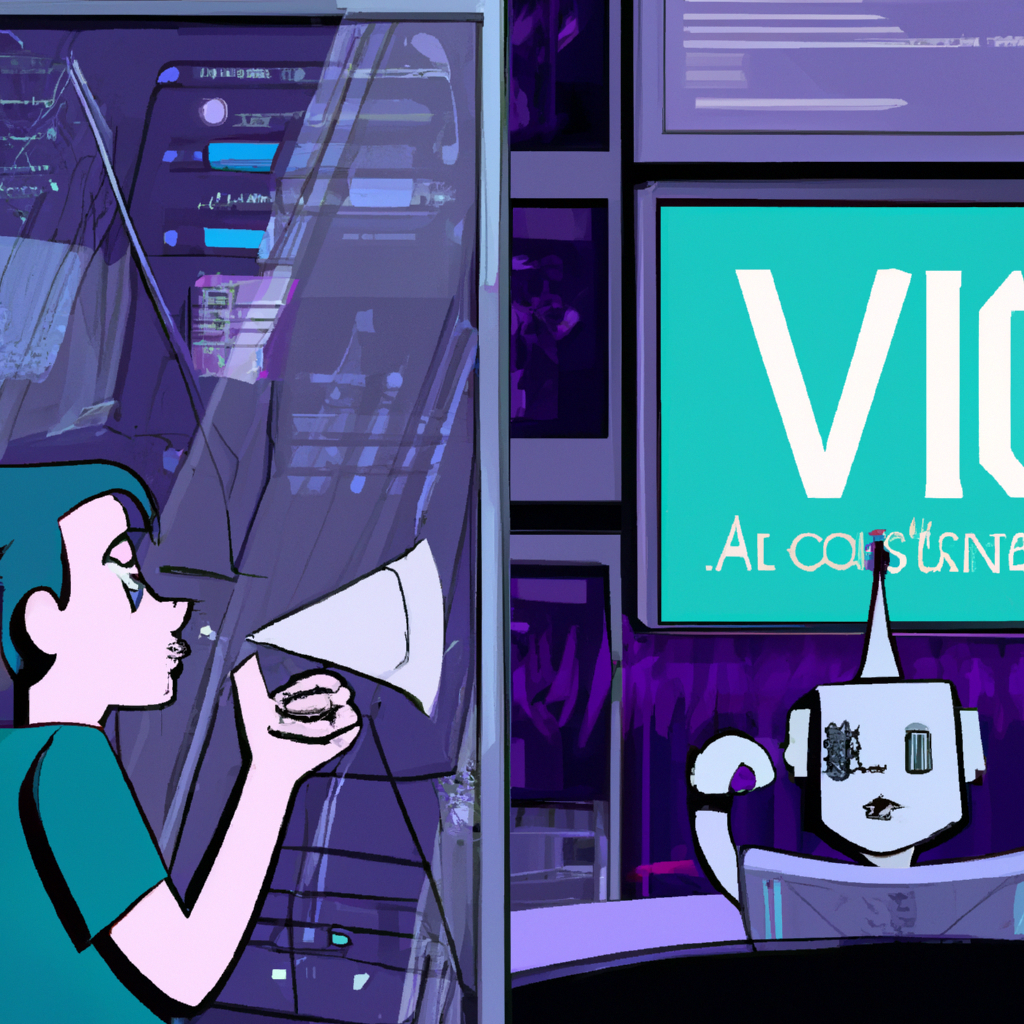
Bullet Point Breakdown:
– Advancements in artificial intelligence (AI) have paved the way for new capabilities in voice cloning and voice synthesis.
– This technological leap could disrupt the voice acting industry.
– AI voice models can mimic a person’s voice down to the pitch, speed, and tone, making it nearly indistinguishable from the original.
– Voice actors could be replaced or lose business to AI synthesis.
– OpenAI’s ChatGPT and similar AI models are controversial due to their potential misuse.
– However, AI in voice synthesis also has beneficial uses, such as in assisting those with speech impairments and in the creation of realistic virtual assistants.
Main Body:
Artificial Intelligence: The New Vocal Maestro
Move over, Hollywood voice actors, there’s a new player in town! Yes, AI is dancing – or, in this case, speaking – its way into new territories. Our beloved tech wonder, artificial intelligence, is now making strides not just in cloning and generating voices, but in doing so with uncanny accuracy.
The latest breakthroughs in AI technology have led to it developing an ear for voices, being able to mimic a speaker right down to their pitch, tone, and speed. This might be good news for those of you out there who have always longed for a personalized virtual assistant that speaks in the dulcet tones of your favorite celebrity, but spare a thought for our friends in voice acting.
Deepfakes for voices: Not Music to All Ears
For voice actors, this could mean the end of the road. The hard-earned years of nurturing and refining their voices may not match the tech progress pace. AI voice models, like ChatGPT developed by OpenAI, are revolutionizing voice synthesis in a way that will require conventional speakers to up their game or risk becoming obsolete.
And this isn’t just idle chatter. The AI clone voices are so realistic that they could be almost mistaken for the real deal. That’s the power and potential of AI, combining complex algorithms, machine learning and vast banks of data to create something eerily familiar.
ChatGPT and its Controversies
When we talk about AI voice models, we have to mention ChatGPT by OpenAI. This advanced AI model can simulate coherent, incredibly realistic dialogue, but it’s not without its controversies. There are undoubtedly concerns about potential misuse, such as creating voice clones for illicit purposes or controversial deepfakes.
AI Voice in Beneficial Light
Despite all the controversies and potential threats, AI in voice has its benefits. It brings great promise to support those with speech impairments, creating new communication possibilities for them. They can clone their voice, allowing them to speak as naturally as possible. Then there’s the realm of personal assistants, which AI voice synthesis seeks to revolutionize. Want a virtual assistant that sounds just like Morgan Freeman? AI is your guy!
Closing Perspective:
So, here’s my hot take. As we make leaps in AI technology, it’s both thrilling and terrifying. The ability to mimic a person’s voice with near-perfect precision is mind-boggling. It allows us to envision a future where we can personalize our virtual assistants and help those with speech impairments speak more naturally.
However, the technology’s potential downfall is its misapplication. The creation of fraudulent voice recordings could cause public distrust and paranoia. It’s worrying to think of a time when we can no longer trust our ears, unsure if we’re listening to the real person or an AI clone.
This is a major wake-up call for legislation to catch up with technology. And that’s where our efforts should be, in creating safeguards and ethical guidelines around AI voice use. So, while we marvel at AI’s vocal cords, let’s not forget the need for responsible innovation. Technology should enrich our lives, not have us questioning who or what’s on the other end of the phone. Innovation yes, but let’s ensure it’s with integrity.